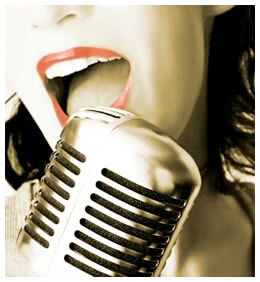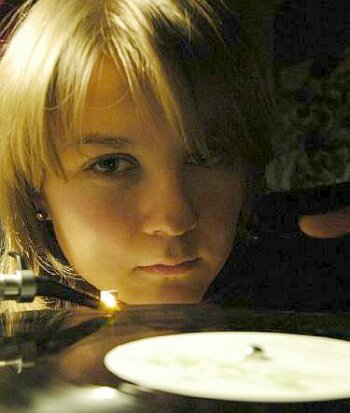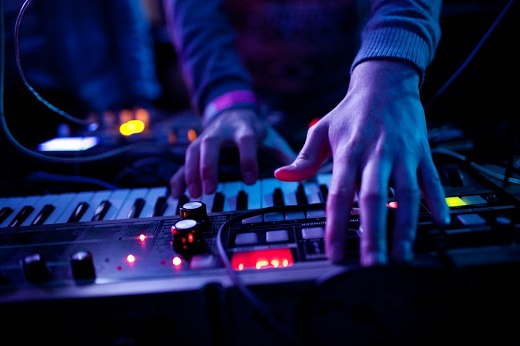distinguished by deep
Impressionism in music
 The classic expression “musical impressionism” found in the work of C. Debussy; his features also appeared in the music of M. Ravel, P. Duke, F. Schmitt, J. J. Roger-Ducas and other French composers.
The classic expression “musical impressionism” found in the work of C. Debussy; his features also appeared in the music of M. Ravel, P. Duke, F. Schmitt, J. J. Roger-Ducas and other French composers.
Debussy is considered to be the pioneer of musical impressionism, which has enriched all aspects of contemporary composing skills – melody, harmony, orchestration, form. His innovative experiments are partly inspired by the outstanding discoveries of Russian realist composers, primarily M. P. Mussorgsky. At the same time, he embraced the ideas of new French painting and symbolist poetry. Debussy has written many piano and vocal miniatures, several pieces for chamber ensembles, three ballets, a lyric opera “Pelleas and Meli-zanda”. Continue reading
Sound around
 What is needed for success in the recording market? How to create your own studio and is it worth dreaming about?
What is needed for success in the recording market? How to create your own studio and is it worth dreaming about?
Musical economy
Conventionally, all the studios can be divided into three types. There are no top-class companies offering the highest quality recording, professional production capable of working with any project – be it a chorus, orchestra, pop group – in Russia.
This is primarily due to finance: investments of about $ 10 million are required. Continue reading
Romance
 The word romance takes us to the Middle Ages in Spain. In those days, in addition to the everyday ordinary language, there was another – Latin. Scientists wrote books on it, church prayers were performed. We studied it in our pre-revolutionary gymnasiums. Latin was recognized as the official language of the Catholic Church. Although this language was widely spoken, it was not widely available. Latin was known only to literate people, and there were incredibly few of them at that time. And then, along with church writings in Latin, songs and poems of the people’s warehouse, which were performed in the Romanesque (Spanish) language, began to appear. Hence the name “romance”. From Spain, romances quickly spread throughout Europe, and at the end of the 18th century appeared in Russia. Of course, here they did not sound in Spanish, but the name stuck. Continue reading
The word romance takes us to the Middle Ages in Spain. In those days, in addition to the everyday ordinary language, there was another – Latin. Scientists wrote books on it, church prayers were performed. We studied it in our pre-revolutionary gymnasiums. Latin was recognized as the official language of the Catholic Church. Although this language was widely spoken, it was not widely available. Latin was known only to literate people, and there were incredibly few of them at that time. And then, along with church writings in Latin, songs and poems of the people’s warehouse, which were performed in the Romanesque (Spanish) language, began to appear. Hence the name “romance”. From Spain, romances quickly spread throughout Europe, and at the end of the 18th century appeared in Russia. Of course, here they did not sound in Spanish, but the name stuck. Continue reading



